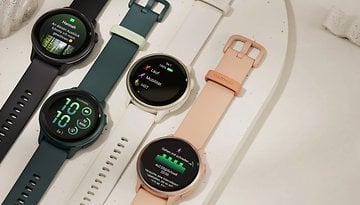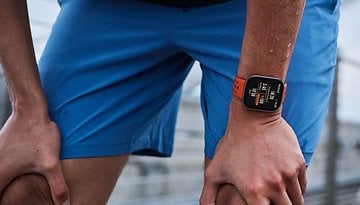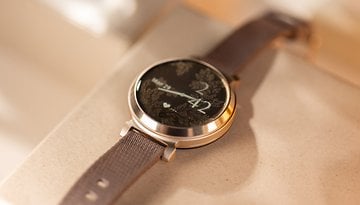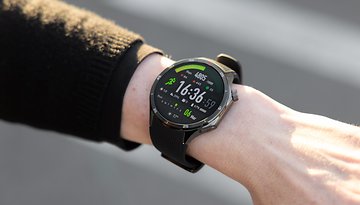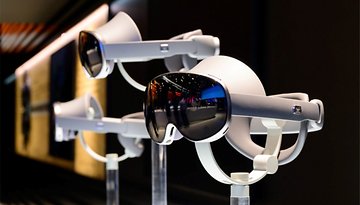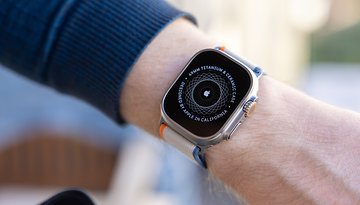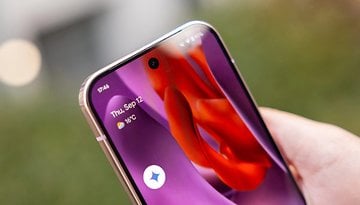IFA 2020: Fitbit introduces new connected watches for stress management
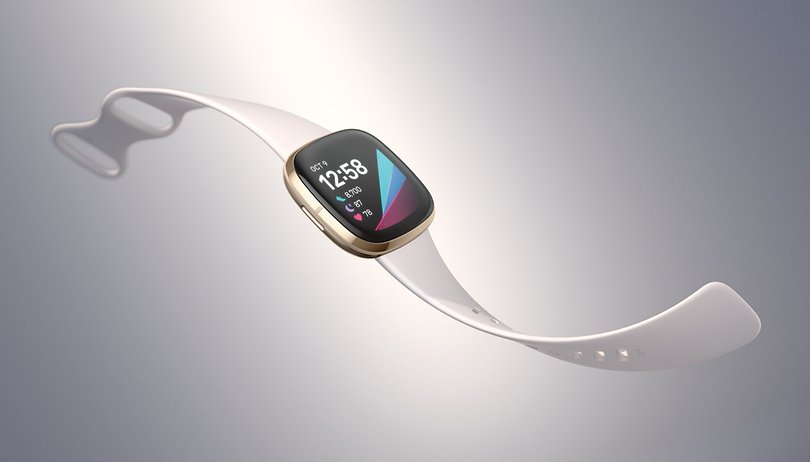

Read in other languages:
Fitbit took advantage of the IFA 2020 in Berlin to unveil three new wearables including two connected watches and a fitness tracker: the Fitbit Sense, the Fitbit Versa 3, and the Fitbit Inspire 2.
The flagship product of this line-up is the Fitbit Sense which, according to the manufacturer, is the first connected watch to feature an electrodermal activity sensor (EDA). The idea is to compete with the market leaders Apple Watch and Samsung Galaxy Watch 2 Active.
Fitbit Sense: manage your stress by detecting cold sweats
In concrete terms, you need to place your palm on the face of the device to detect the tiny electrical variations in the sweat level of your skin. Measuring your reactions to the EDA can help you understand your body's response to stressors and help you manage your stress.
Once these measurements have been taken, the Fitbit Sense offers guided mindfulness sessions in the Fitbit application to see how your body reacts during meditation or relaxation. At the end of your session, you'll see an AED response graph on the device and in the mobile application to assess your progress over time.
But there are also the essential functions now standard on smartwatches such as heart rate monitoring, a new ECG2 application, and a skin temperature sensor on the wrist. I was able to put on one of the watches on display at the Fitbit booth but, unfortunately, it was impossible to test these features. The models were only running a looping demo and were therefore not usable.
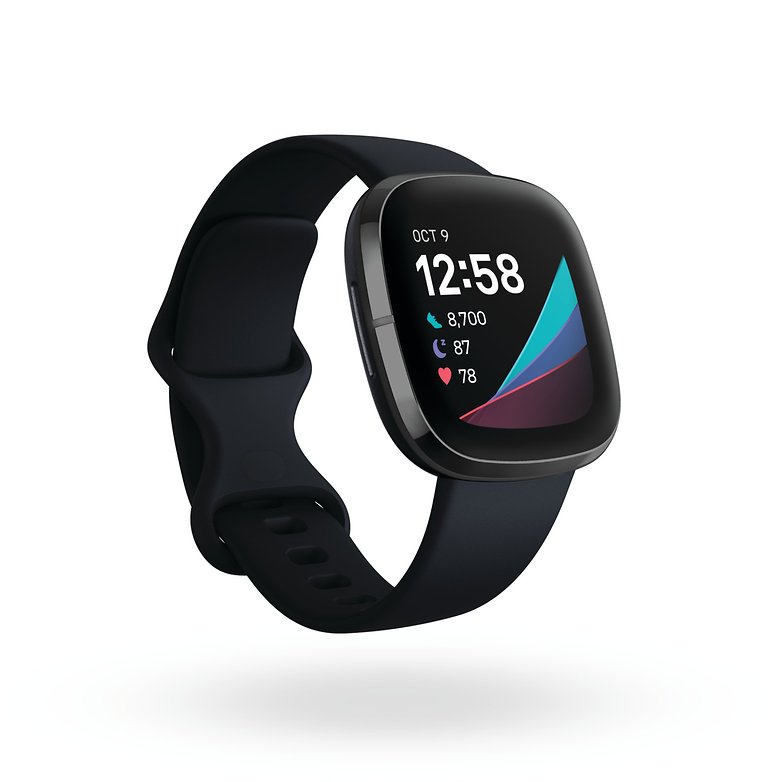
Fitbit promises more than six days of battery life and a free six-month trial of Fitbit Premium (€9.99/month), to take stock of all your data and get additional information on trends in your health and wellbeing, such as heart rate variability (HRV), breathing rate and SpO2.
Fitbit explains that he has developed a new stress management score. It calculates how your body reacts to stress based on your heart rate, sleep, and activity. The score is graded from 1 to 10 and again coupled with recommendations for better stress management, such as breathing exercises and other awareness tools.
The body of the Fitbit Sense is made of a mixture of glass and metal, and the watch is water-resistant up to 50 meters. The core of the biosensor has been configured to house the largest number of sensors of any Fitbit device, while maintaining aesthetics and long battery life.
Its AMOLED display has an integrated ambient light sensor to automatically vary the intensity of the screen, which is protected by Gorilla Glass 3.
Fitbit Versa 3 and Fitbit Inspire 2: focus on digital wellness
A few words about the other two products. First, the Fitbit Versa 3. Fitbit's flagship watch benefits from a fairly incremental hardware and software upgrade. It has a microphone and speaker to call and answer a call without having to take your smartphone in hand.
It is now compatible with Google Assistant and Amazon Alexa and offers GPS. The design changes slightly for consistency with the Sense model, so both watches are compatible with the same charger.
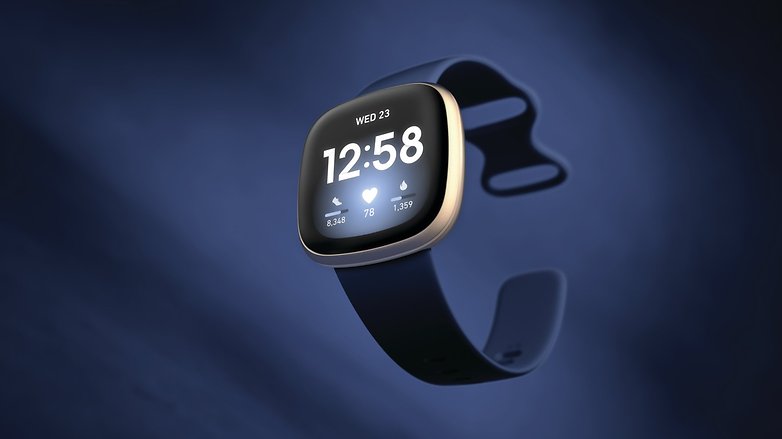
The Inspire 2 is a tracker of more classic activity. Its design has been reworked and its battery life increased to about 10 days. The main additions are software with an interface supposed to be more ergonomic.
The Sense will be offered in Europe at a price of €329.95. A price well below that of the Galaxy Watch 3. The Fitbit Versa 3 will be sold at €229.95. Many variants with a variety of different straps will be available, between €20 and €30 each, while the Fitbit Inspire 2 connected bracelet will be sold for €99.95.
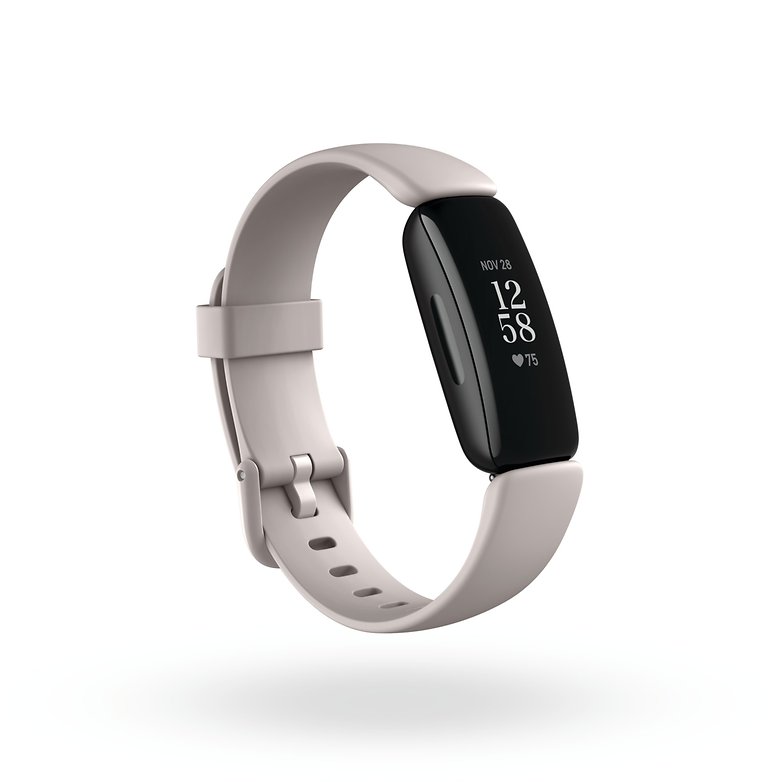
What do you think of these products? Do you find the price competitive compared to the market competition?






